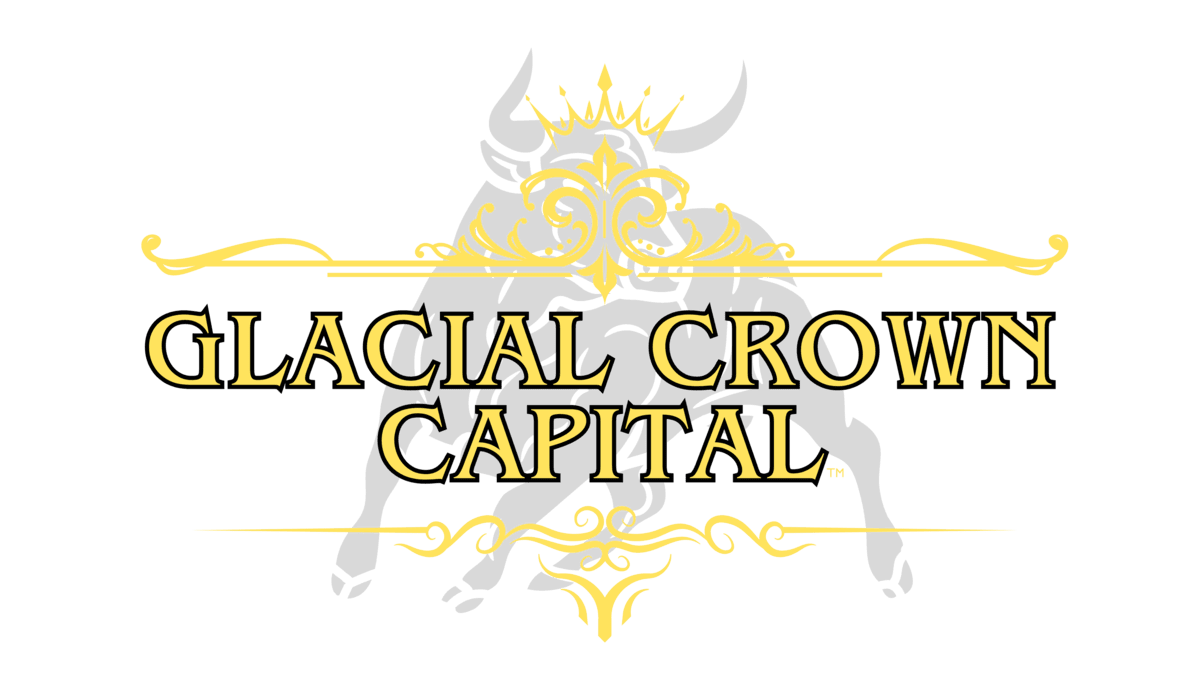John D. Rockefeller, not only renowned for his wealth but also his strategic genius, indeed set a precedent that continues to influence the corporate landscape. Initially, his mastery over the oil industry, through Standard Oil, showcased an unparalleled understanding of vertical integration. This approach not only significantly reduced costs but also increased profits by controlling every aspect from production to distribution. Moreover, his business strategy wasn’t merely about monopolization; rather, it was characterized by strategic foresight and meticulous planning.
In today’s tech-driven, interconnected global economy, his methods are still pertinent. For instance, his emphasis on efficiency and economies of scale finds echoes in the modern tech sector where companies, striving for similar operational efficiencies, utilize automation and AI. Furthermore, his knack for diversification, moving from oil to railroads, and then to philanthropy, teaches contemporary investors the value of spreading investments, preventing the risk of putting all their eggs in one basket. This strategy is particularly relevant in an age where market disruptions can emerge from any corner of the globe.
Additionally, Rockefeller’s commitment to philanthropy—creating influential institutions like the University of Chicago and the Rockefeller Foundation—demonstrates an early form of social impact investing. This practice is now gaining traction among investors who are increasingly looking beyond financial returns to the broader social and environmental impacts of their investments. His strategy of building a robust network of influential contacts, which included both allies and competitors, underscores the importance of stakeholder engagement in today’s business environment, where alliances can lead to innovation and provide a competitive advantage.

Building a Foundation: The Power of Discipline and Education
Starting from humble roots, Rockefeller didn’t just rise to the top by chance. His success stemmed from a strict discipline in life and work. He began by diligently tracking his earnings and expenses, which taught him the importance of financial detail and savings. Moreover, his quest for knowledge was relentless; he eagerly read and studied every industry he touched.
Lesson for Leaders: In today’s ever-evolving business landscape, a leader’s discipline in financial management and commitment to continuous learning are indispensable. The discipline to manage resources wisely, coupled with a commitment to staying abreast of industry trends and innovations, can furnish leaders with the foresight and agility needed to navigate complex market dynamics and seize emerging opportunities.
Strategic Growth: Visionary Expansion and Risk Management
Rockefeller’s strategic acumen was most evident in his approach to expanding Standard Oil. Rather than purely focusing on immediate profits, he played a long game, understanding that control over refineries, pipelines, and other infrastructural assets would cement his company’s dominance. This calculated expansion, coupled with his venture into diversification by investing in emerging sectors, showcased his visionary leadership.
Lesson for Leaders: Modern leaders can draw from Rockefeller’s playbook by not only focusing on core competences but also strategically expanding their reach. This involves calculated risks, where expansion or diversification decisions are based on thorough research and a clear alignment with long-term strategic goals.
Building Empires: Networking and Relationship Management
Rockefeller’s success was not solely the result of his personal brilliance. It was also deeply rooted in his ability to cultivate a wide network of influential contacts. He understood the importance of building and maintaining strong relationships. Whether it was with his workers, business partners, or even competitors.
Lesson for Leaders: In the world of business, the adage. “It’s not what you know, but who you know” still holds significant weight. Effective leaders must invest in building a robust network, fostering a culture of mutual respect and collaboration within their organizations, and nurturing healthy relationships with external stakeholders.
Social Responsibility: Philanthropy and Corporate Ethics
For all his business acumen, Rockefeller was equally renowned for his philanthropic endeavors. He believed that with great power came great responsibility, using his wealth to contribute to various causes and institutions. His example set a precedent for corporate philanthropy, demonstrating how businesses could play a role in addressing societal issues.
Lesson for Leaders: Now, leaders face scrutiny beyond profits. They must integrate ethical practices and social responsibility into their strategy, aiming for a positive societal impact.

Legacy and Adaptability: Crafting Enduring Success
Rockefeller thrived in a time of change. He transitioned from oil to philanthropy, leaving a lasting legacy in business and society.
Lesson for Leaders: The only constant in the business world is change. Leaders must, therefore, cultivate adaptability, preparing their organizations to pivot in response to emerging challenges and opportunities. Building a culture that values innovation, encourages experimentation, and learns from failure can position a company for enduring success.
Rockefeller’s “Titan” life story is rich with lessons. By learning about discipline, strategic growth, networking, social responsibility, and adaptability, modern leaders can better manage corporate challenges.
Adapting Rockefeller’s Innovations to Today’s Financial Challenges
John D. Rockefeller, a titan of his age, left behind a legacy that extends well beyond the sum of his accrued wealth. His pioneering strategies in finance, business operations, and philanthropy set precedents that modern-day leaders and entrepreneurs can learn from, especially in an era marked by rapid technological advancements, environmental challenges, and a globalized economy. This section explores how Rockefeller’s principles can be reinterpreted and applied to navigate the complexities of today’s financial world.
Embracing Technological Innovation for Competitive Advantage
Rockefeller’s success in consolidating the oil industry was partly due to his forward-looking embrace of new technologies. Today, financial leaders can take a page from his book by leveraging fintech innovations—such as blockchain, AI-driven analytics, and digital currencies—to streamline operations, enhance customer experiences, and develop new financial products.
Strategic Portfolio Diversification
Rockefeller’s investments went well beyond oil, as he always looked for opportunities to diversify his portfolio. In today’s volatile market, the importance of diversification cannot be overstated. Modern investors can apply Rockefeller’s approach by spreading their investments across different asset classes, industries, and even geographies, using modern tools like robo-advisors and diversified index funds to reduce risk and tap into new growth areas.
Philanthropy as a Cornerstone of Business Legacy
Philanthropy was more than an afterthought for Rockefeller; it was an integral part of his life’s work, demonstrating his belief in the responsibility that comes with wealth. Today’s entrepreneurs can adopt this perspective by integrating social responsibility and environmental sustainability into their business models. This approach not only helps address societal challenges but also builds brand loyalty and trust among consumers who increasingly favor companies with ethical practices.
Prudent Financial Management
Rockefeller’s meticulous attention to detail and prudent financial management were legendary. In the face of contemporary economic pressures, adopting a disciplined approach to financial planning and cost management is critical. Businesses can implement robust financial controls, invest in financial planning software, and employ data analytics to identify cost-saving opportunities and optimize spending.
Cultivating a Visionary Leadership Style
Rockefeller’s legacy in leadership teaches today’s executives to anticipate market changes and innovate. Rockefeller’s strategies, though from another era, still hold key lessons for today’s economic challenges, promoting sustainable growth.
Check out Signs of a Turnaround here
Disclaimer: The views and insights provided in this document are based on historical figures and their documented strategies, specifically focusing on John D. Rockefeller as portrayed in Ron Chernow’s biography “Titan”. The content is intended for informational purposes only and is not meant to serve as financial, legal, or professional advice. Financial leadership involves complex decision-making that requires thorough analysis and professional judgment.



















